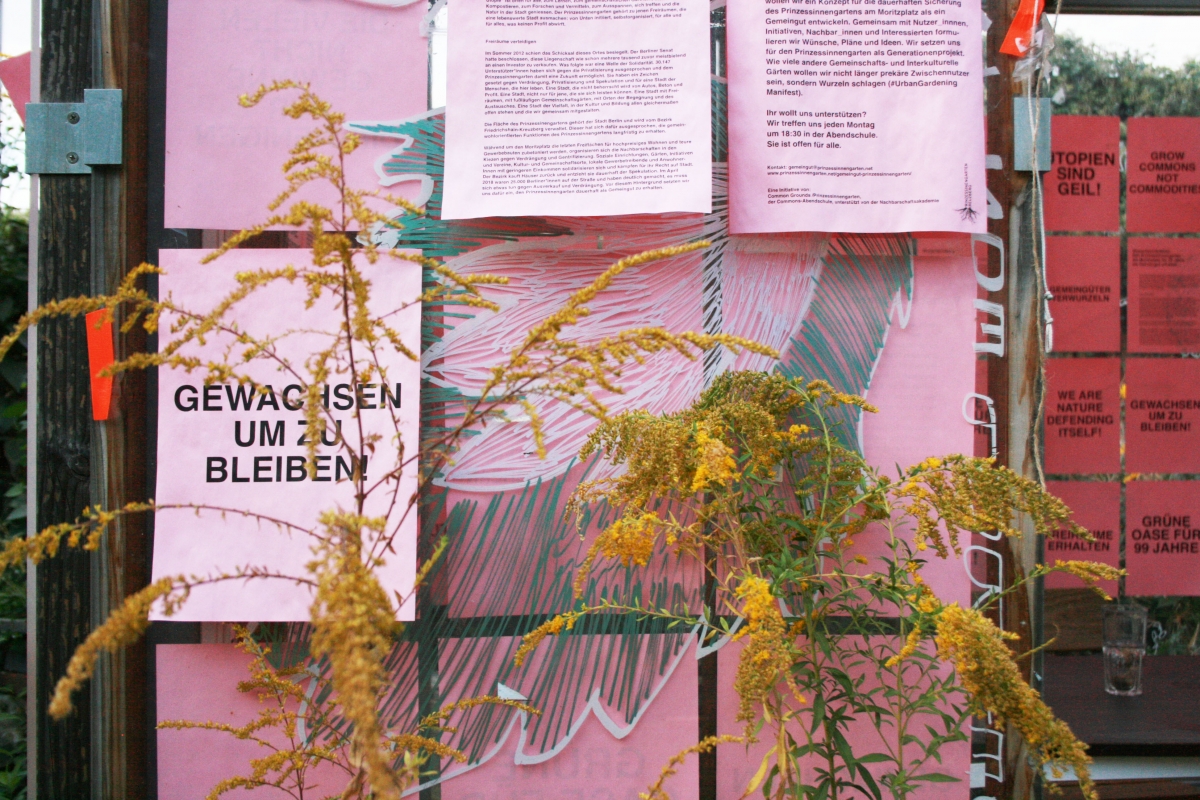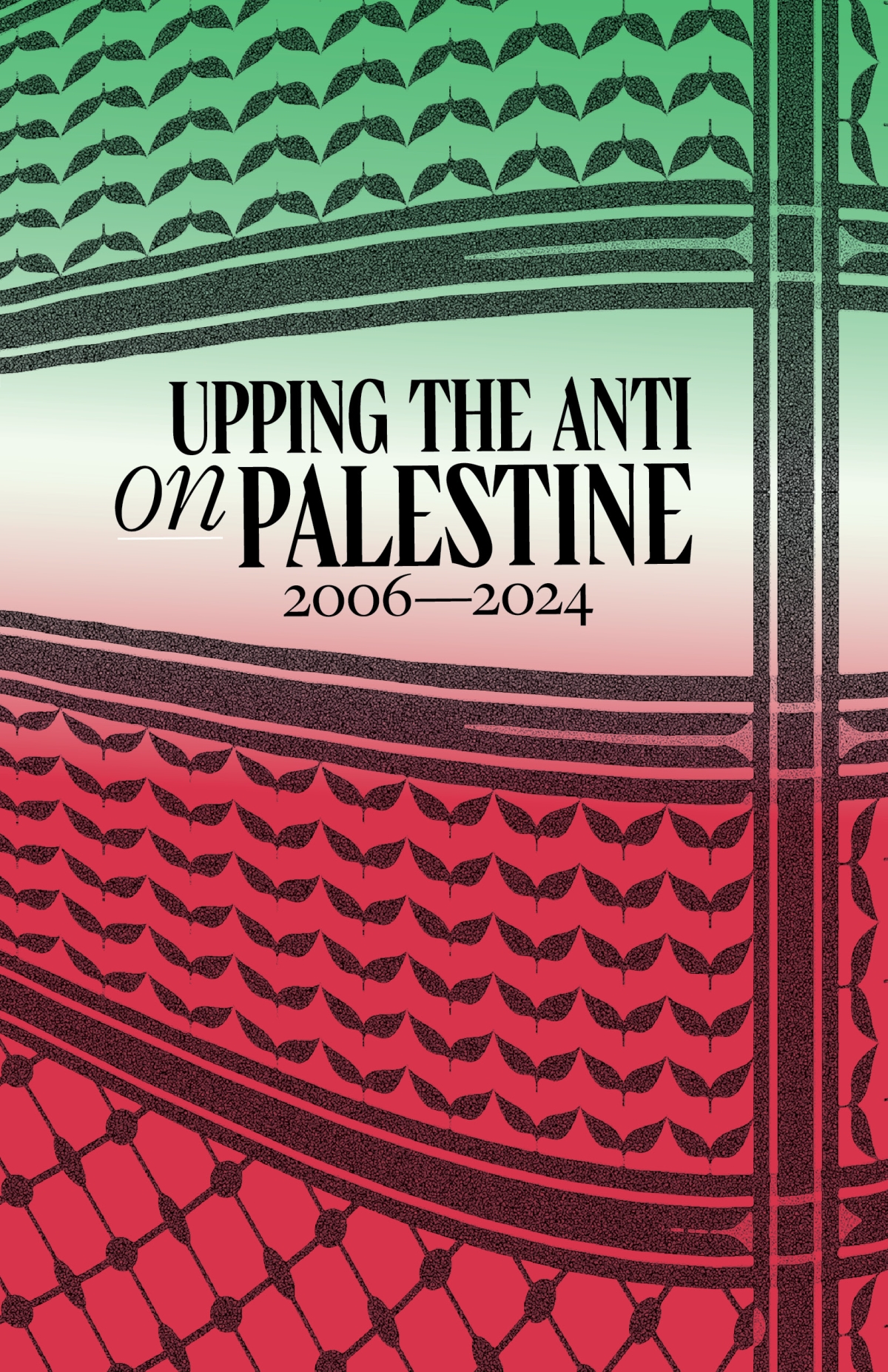Articles
-
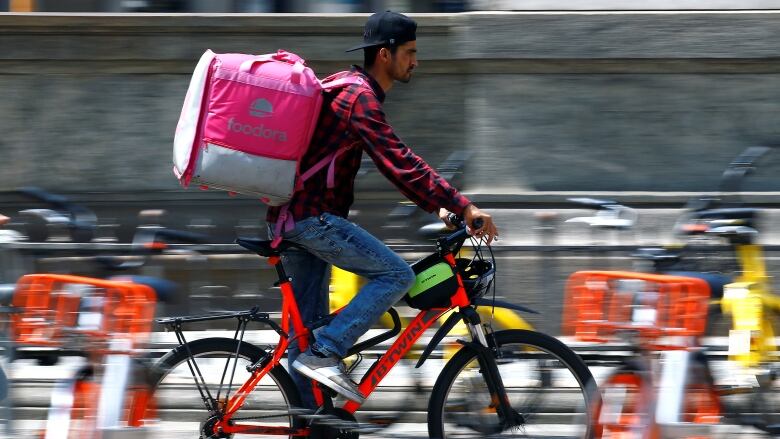 Article
ArticleFeeding Toronto
The Fall of the Food Co-op and the Rise of the Delivery App Economy
From 2015 to 2016 two organizations launched in Toronto with the aim of revolutionizing the way people eat, although they went about it in very different ways. One was the Berry Road Food Co-op (BRFC), which aimed to empower Torontonians to eat more ethically, the other, Uber Eats, which aimed to empower Torontonians to eat more conveniently. Five years have passed and only one of these organizations remains: only one of these “revolutions” has proven successful.
Uber Eats can attribute its success to the logic of capitalism. In its pursuit of capital, our modern food supply chain compartmentalizes and optimizes each step in the preparation of a meal, from growing to processing to packaging to cooking. Uber Eats simply adds another step (delivering) to this chain of alienation, further limiting human connection and making it nearly-impossible to follow one’s meal as it is ushered through the increasingly complex food system, from farm to table, or, in today’s culture of appified eating, from farm to couch. Eating itself has fallen prey to alienation, with shared meals largely a thing of the past. “The family dinner, and more generally a cultural consensus on the subject of eating, appears to be the latest. . . casualty of capitalism,” writes Michael Pollan in The Omnivore’s Dilemma.1 A food system meant to maximize profit has no use for many things that have been considered, up until recently, integral to eating: tradition, culture, ritual, and community.
-
 Article
Article“Pockets of Resistance” in Padova
Hopeful Reflections on Italy’s Communist Refoundation Party
Italian culture is admired worldwide for its appreciation of la dolce vida — a slower enjoyment of life’s sweet and ordinary pleasures. This sits in tension with the breakneck speed of modern capitalism. This pace is, by design, so deliberately demanding that anti-capitalist sociologist Zygmunt Bauman describes modern capitalism as “liquid.” Bauman points out that capitalism, underpinned by interlocking structures of domination, ever increases the speed of modern life, thereby engulfing possibilities for more relational, slower ways of being. This leaves ordinary people “impotent to resist the business-inspired rules of action” and “open to the invasion and domination. . . of the determining role of the economy.” [[Zygmunt Bauman, Liquid Modernity (Malden: Polity Press, 2000), 4, giuseppecapograssi.files.wordpress.com]] So, in spite of the prevailing notion of la dolce vida, the welfare of Italian society is not immune to the consequences of modern capitalism. Even traditional Italian cultural touchstones of extended mealtimes, afternoon riposo, and community bonds are ever-threatened by the unregulated velocity of modern life. How can resistance sustain itself while contending with this breakneck pace? Anti-capitalist organizers here in Padova, Italy, would begin by extending a hand in friendship and perhaps even opening a bottle of wine.
-
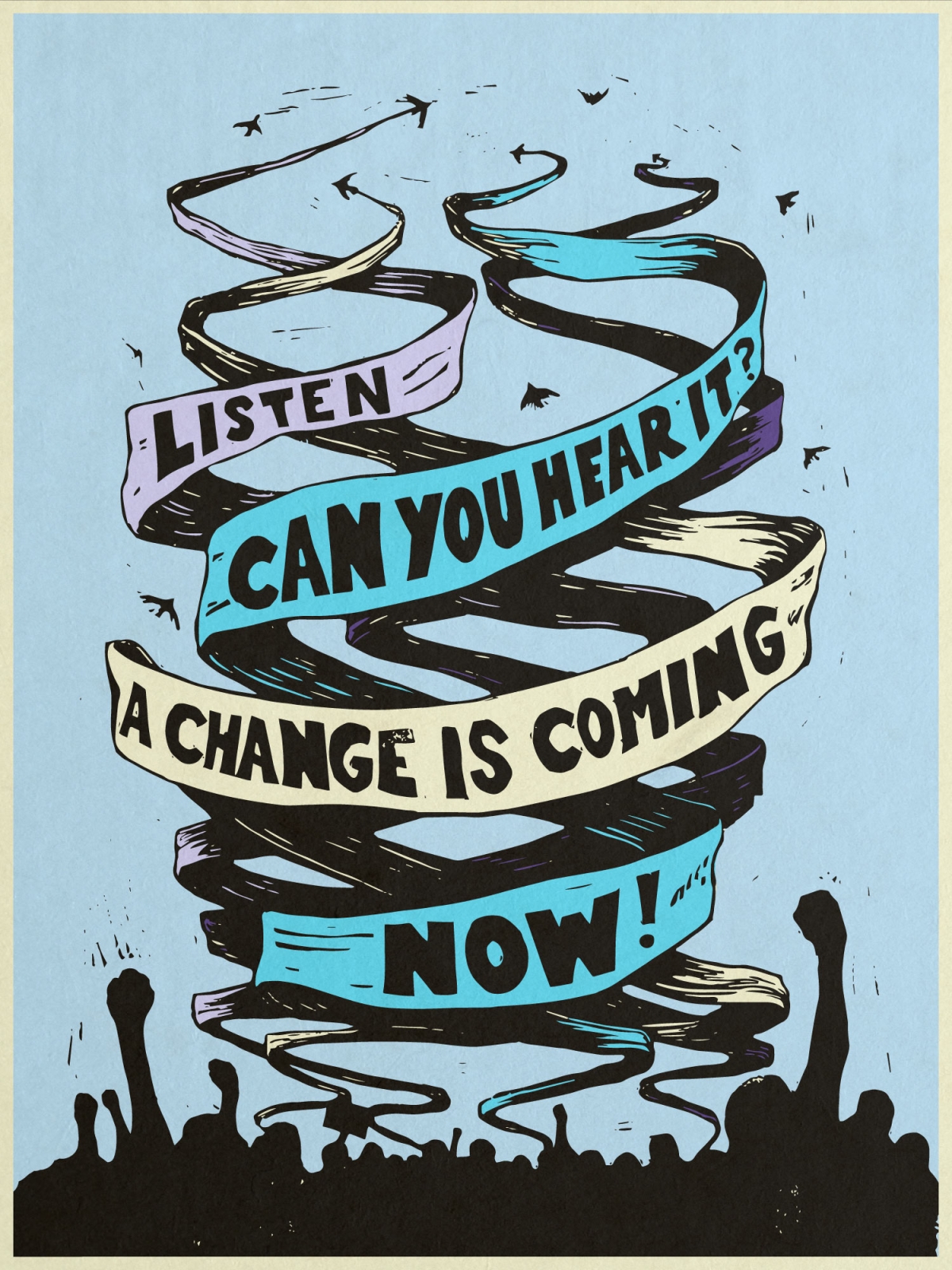 Article
ArticleCultivating a Long View
“How do you avoid the feeling that you should be working ALL THE TIME given the urgency of the state of the world?”
Heather Hax, a longtime activist in Baltimore, posted that question on social media a few years ago. It garnered a lot of responses, and with good reason. This sense of urgency is completely justified, and many of us are feeling it. We live in a profoundly frightening and unpredictable period, faced with the challenges of colonialism and climate catastrophe, economic austerity and state violence, and emboldened white supremacy and xenophobia.
How can we hold this sense of urgency while pacing ourselves for the long haul? Part of the answer lies in cultivating a particular understanding of the world, our efforts, and ourselves. Following seasoned radical organizers, I call this understanding a “long view.” This view combines an urgent commitment to fighting injustice, a grounded sense of the marathon-length collective effort required to change society, and abundant patience for the process of building movements that can win, all with a healthy dose of humility about what we can know and do. -
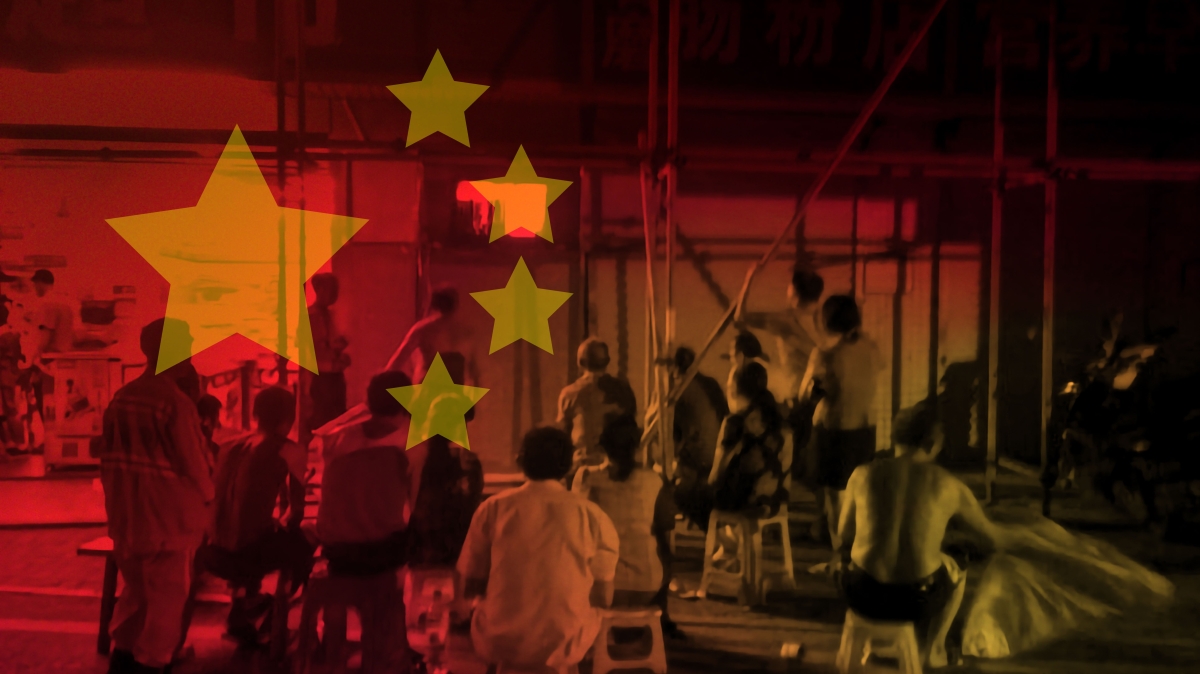 Article
ArticleSocialism from the Grassroots
New Directions of Leftist Organizing in Post-Socialist China
New Directions of Leftist Organizing in Post-Socialist China
-
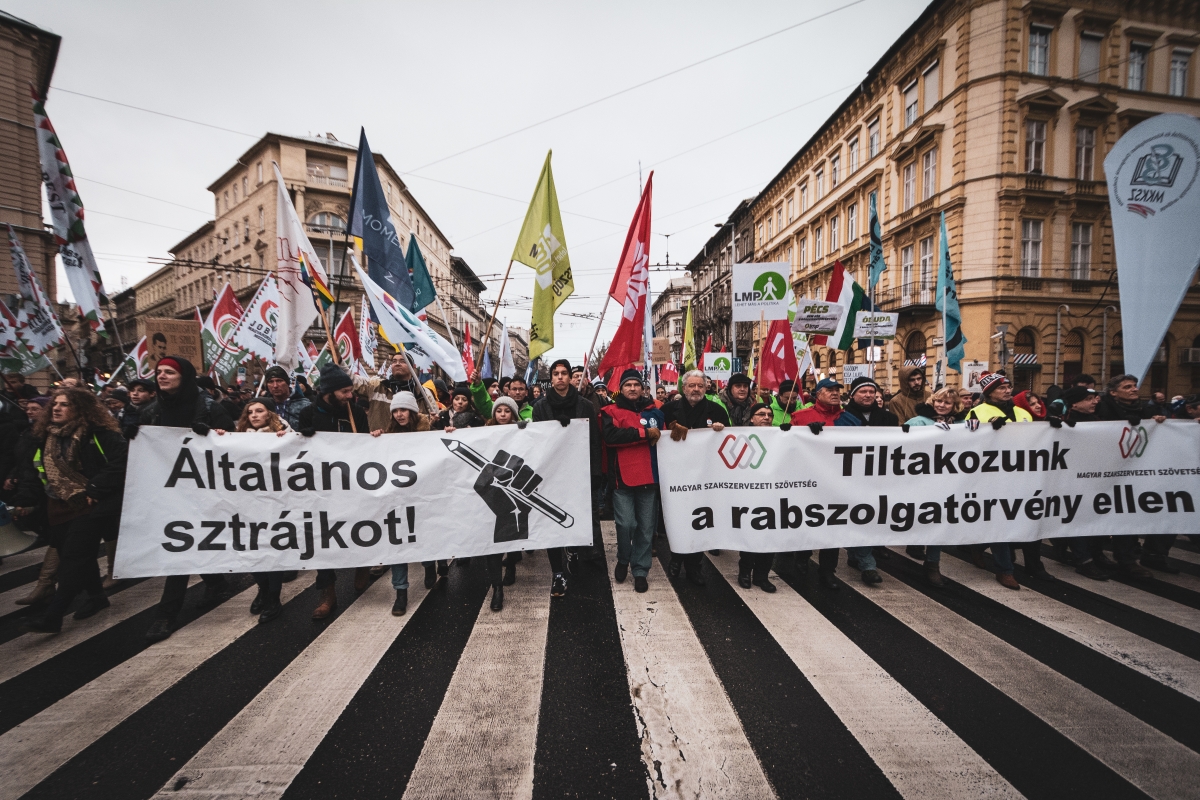 Article
ArticleActivism in Dark Times
On the Renewed Hopes and Faustian Pacts of Grassroots Organizing in Hungary
On the Renewed Hopes and Faustian Pacts of Grassroots Organizing in Hungary
-
 Article
ArticleMining Makes This World Possible
In 2016, I joined a group of co-organizers and trusted friends at a vigil on the showroom floor at the annual convention of the Prospectors and Developers Association of Canada (PDAC), the biggest mining convention in the world.
-
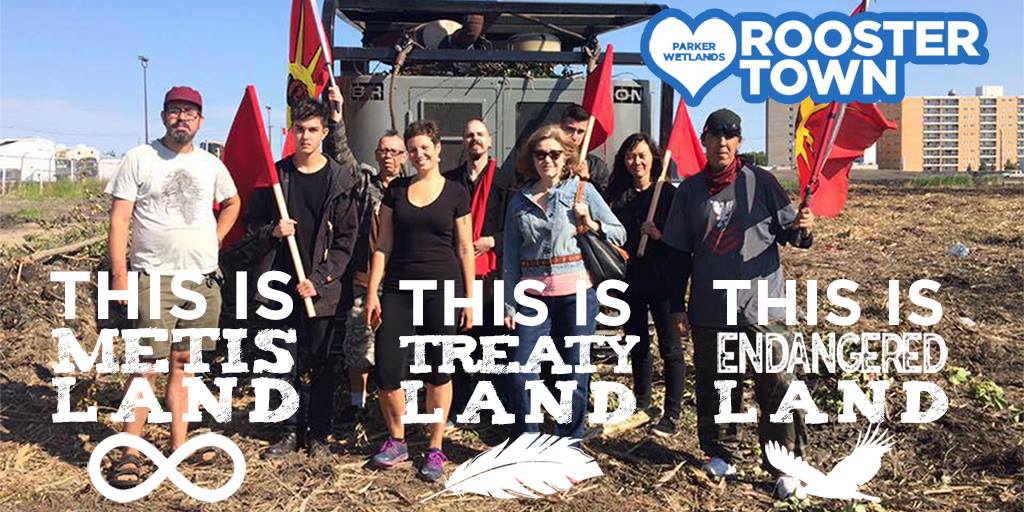 Article
ArticleInsurgent Planning and the Rooster Town Blockade
The Rooster Town Blockade was a land occupation in Winnipeg, Manitoba that lasted from July 14 through September 15, 2017. The blockade aimed to prevent the destruction of an area known as the Parker Wetlands by Gem Equities, a property development company that intended to construct a housing development on the site.
-
Article
The Ground Beneath Our Feet
Commoning In, Against, and Beyond the Mechanisms of Urban Accumulation
We are sitting in Prinzessinnengarten, a 6,000 m2 garden adjacent
a busy roundabout in the heart of Kreuzberg, Berlin,
during our regular Commons Evening School. Behind the fence, a
large construction site with three towering cranes looms overhead:
construction is underway on “The Shelf,” a hub for tech-companies
willing to pay astronomical rents. It is one of many in a cohort of
developments by Pandion, a prominent real estate shark—astute in
artwashing techniques—operating in the city. -
 Article
ArticleHolograms, or, Learning from 70 Years of Resistance in Myanmar
I remember June 2, 2012, the Daw Aung San Suu Kyi visited Mae Sot, on the Thai-Myanmar border, as one of the best days of my life. It was the kind of day where everything oozes exhilaration and reverie; simple acts like eating breakfast and getting dressed feel ceremonious. On such a monumental day, you carefully curate the comrades you want to be with, choosing those who’ll understand. I remember collecting my best friend, both of us barely able to speak as we walked into a crowd of thousands of other reverberating, nervous-laughing souls. Grinning ear-to-ear together, donning red National League for Democracy (nld) hats, we waited hours for her car to drive by. When it did, we seemed to dissolve with jubilation, clutching at our hearts and the people around us, fists pointed toward the sky and toward children perched on shoulders, children for whom the day meant everything, as we allowed ourselves to believe, for once, that things in Myanmar would get better.

